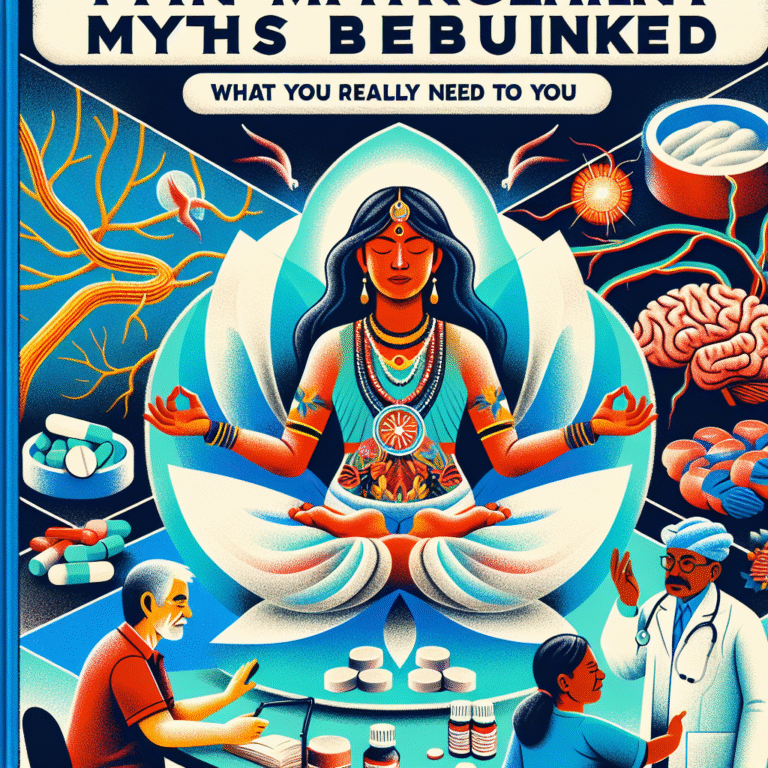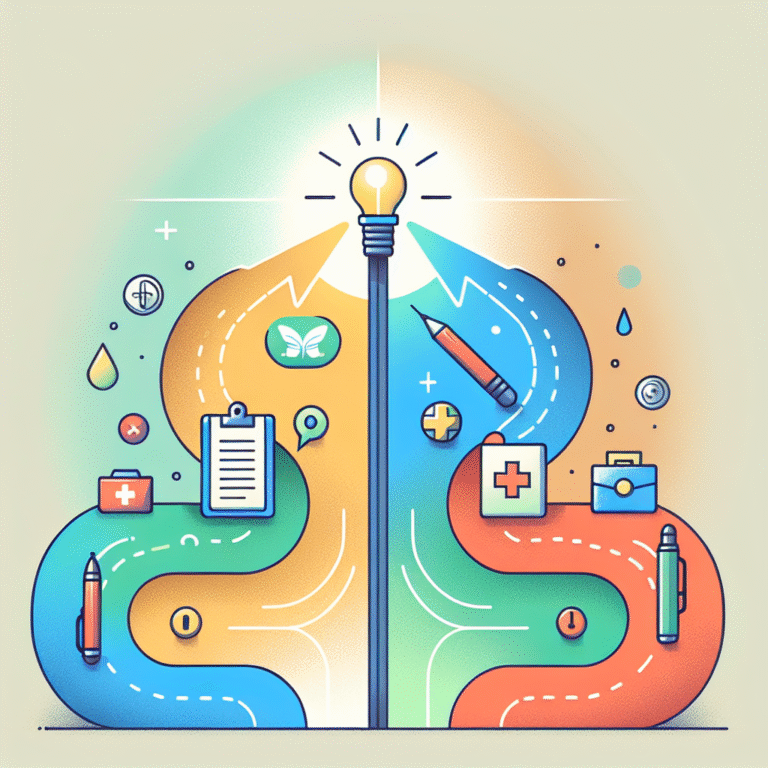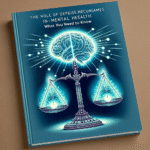
Introduction
Stress is an inescapable part of modern life, often described as a silent epidemic that affects millions worldwide. From tight deadlines to personal conflicts, our daily experiences can induce a range of stressors, leading to significant psychological and physiological consequences. But how does stress impact our mental health, and what can we do about it? The Science of Stress: Understanding Its Impact on Mental Health reveals this essential knowledge, equipping you with the tools to manage stress effectively.
The Origins of Stress: What Happens to Our Body and Mind?
Stress is fundamentally a biological response designed to protect us from perceived threats. The "fight or flight" mechanism elevates heart rate, releases adrenaline, and shifts blood flow. In moderation, this response can be beneficial, enhancing focus and performance. However, chronic stress—characterized by the prolonged activation of this response—can bring about severe mental health issues.
Table 1: Short-Term vs. Long-Term Stress Responses
| Aspect | Short-Term Stress | Long-Term Stress |
|---|---|---|
| Body Reaction | Increased heart rate, alertness | Persistent fatigue, high blood pressure |
| Mental Reaction | Heightened focus | Anxiety, depression |
| Duration | Minutes to hours | Weeks to years |
| Management | Coping techniques | Professional help, lifestyle changes |
The Cycle of Stress and Mental Health
1. The Biological Impact of Chronic Stress
Chronic stress activates the hypothalamic-pituitary-adrenal (HPA) axis, affecting hormone regulation and brain functions. Research illustrates that prolonged stress can lead to neurodegenerative changes, impairing memory and cognitive ability. In one case study, a 40-year-old individual with chronic work-related stress reported significant deterioration in concentration and emotional well-being, which over time culminated in a clinical diagnosis of generalized anxiety disorder.
2. Stress and Depression: A Vicious Cycle
Depression and stress often exist in a cyclical relationship. Stress can trigger depressive episodes, while the feelings of helplessness that accompany depression can increase stress levels. A landmark study by the American Psychological Association (APA) found that individuals who manage stress poorly are more likely to develop major depressive disorders. This underscores the importance of The Science of Stress: Understanding Its Impact on Mental Health for effective intervention strategies.
3. Anxiety and Stress: What’s the Connection?
Anxiety disorders are closely tied to stress, often exacerbated by environmental factors. Research indicates that individuals exposed to high stress are more likely to develop anxiety disorders. One case study of a college student dealing with stress from academic pressure revealed symptoms of panic attacks and persistent worry—issues directly linked to her stress levels.
Effective Strategies for Managing Stress
Understanding stress isn’t just about recognizing its ramifications; it’s also about implementing effective strategies to manage it. Here are some actionable insights:
1. Mindfulness and Meditation
Mindfulness practice has gained popularity in recent years due to its proven benefits in reducing stress. Techniques like deep breathing and meditation can activate the body’s relaxation response, reducing cortisol levels. A study conducted on corporate employees showed a 30% reduction in reported stress within six months of regular mindfulness practice.
2. Physical Activity
Exercise is a potent antidote to stress. When we engage in physical activity, our bodies release endorphins—natural mood elevators. Incorporating at least 30 minutes of exercise most days can lead to significant improvements in mental health. A longitudinal study found that individuals who exercised regularly reported lower stress levels and reduced symptoms of anxiety and depression.
3. Professional Help
Sometimes, managing stress requires outside help from professionals like therapists and counselors. Techniques such as cognitive-behavioral therapy (CBT) can provide patients with the tools to reframe negative thinking related to stress.
Implementing Change: A Personal Action Plan
Based on The Science of Stress: Understanding Its Impact on Mental Health, creating a personal action plan begins with self-assessment and goals. Here’s a template for crafting your stress management strategy:
-
Identify Sources of Stress: Keep a stress diary for a week to pinpoint specific triggers.
-
Set Goals: Determine what stress reduction means to you (e.g., feeling more relaxed, achieving better work-life balance).
-
Choose Techniques: Select stress management techniques that resonate with you, whether mindfulness, exercise, or therapy.
- Monitor Progress: Regularly reflect on your progress using your stress diary.
Conclusion
The narrative surrounding stress is complex—rich with science, stories, and the personal journeys of those who grapple with its challenges. Understanding The Science of Stress: Understanding Its Impact on Mental Health empowers you to recognize the signs and take proactive steps. In today’s fast-paced world, taking control of stress can lead to not just mental but physical well-being, allowing us to live our lives to the fullest.
FAQs
1. What is stress, and is it always bad?
Stress is a natural response to perceived threats and can be beneficial in short bursts. However, chronic stress can have detrimental effects on mental and physical health.
2. How do I recognize if I’m experiencing chronic stress?
Common signs include persistent fatigue, anxiety, irritability, loss of interest in activities, or physical symptoms like headaches and digestive issues.
3. What are some effective stress relief techniques I can try at home?
You can try mindfulness meditation, deep breathing exercises, regular physical activity, and healthy time management practices.
4. When should I seek professional help for stress-related concerns?
If stress is affecting your daily life, leading to feelings of hopelessness, anxiety, or requires more than self-care strategies, it may be time to consult a mental health professional.
5. Can diet affect stress levels?
Yes, nutrition plays a critical role in stress management. A balanced diet with adequate nutrients can support mental health and reduce stress responses.
In this compelling journey of understanding stress, we hope to inspire proactive approaches to managing a component of life that is often neglected but is essential for mental wellbeing. Engage with the content, explore the insights shared, and remember—the power to manage stress lies within you!














